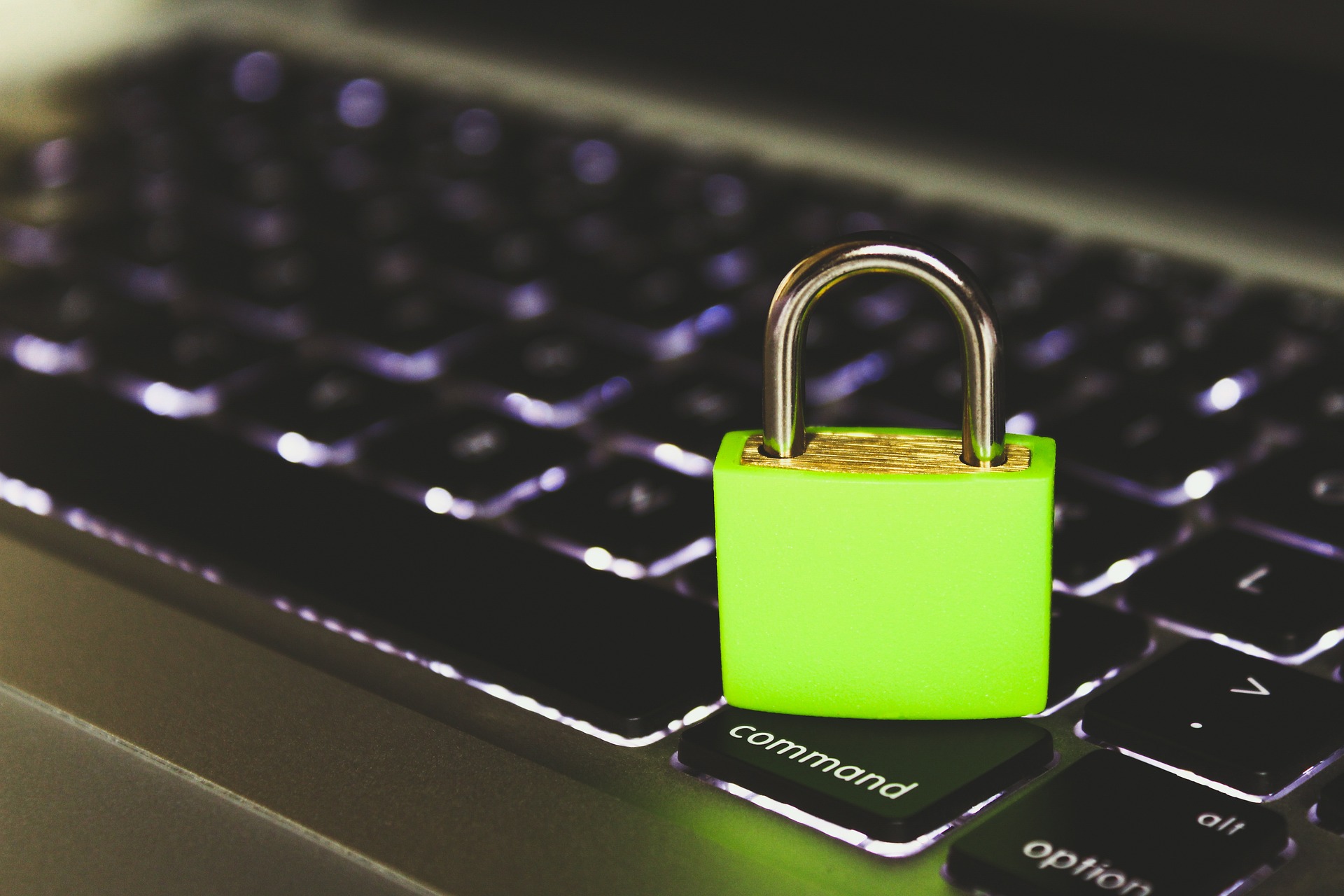
When starting a small business, you might wonder if your new business might be a preferred target for cybercriminals even when it does not have that much to offer. You might be overlooking the fact that this myth will make you and your business vulnerable to cyberattacks. You should be cautious when starting your business if security measures are not in place to safeguard it; this will make the business more vulnerable to threats. In this blog, we will discuss how to protect your small business online. But first, we recommend you check out cybersecurity myths to be safe from these myths that can make you an easy target.
Cybersecurity is crucial for any business, especially in today's digital landscape. Protecting your business's sensitive data, customer information, and intellectual property from cyber threats is essential to ensuring your success and maintaining trust with your customers. Remember that cybersecurity is a continuous operation that demands regular evaluation and improvement. You can hire a cybersecurity specialist or a managed security services provider (MSSP) to ensure you have the essential experience to properly safeguard your new businesses because they are vulnerable. Here are some key cybersecurity measures you should consider to protect your new business:
- Develop a cybersecurity plan: Create a comprehensive cybersecurity plan that outlines your business's security goals, risk assessment, and strategies for prevention, detection, and response to cyber incidents. This plan should be regularly updated as new threats emerge.
- Secure your networks: Implement strong passwords, use multifactor authentication (MFA), and secure your Wi-Fi networks with encryption. Regularly update your routers, firewalls, and other network devices with the latest security patches and firmware.
- Use strong access controls: Limit user access to sensitive data and systems based on the principle of least privilege. Only provide employees with the access necessary to perform their job duties. Implement role-based access controls (RBAC) and regularly review and revoke access for employees when they no longer require it.
- Encrypt sensitive data: Use encryption to protect sensitive data both at rest and in transit. Encrypt hard drives, USB drives, and any data transmitted over the internet using secure protocols (e.g., HTTPS, VPN).
- Monitor and Detect: Implement a system to monitor network traffic and log activity to detect any suspicious or unauthorized access attempts. Intrusion detection and prevention systems (IDS and IPS) can assist in recognizing and reducing threats.
- Incident Response Plan: Develop an incident response plan (IRP) that describes the measures to be taken in the event of a cyber threat. This strategy should include six key stages: plan, identify, contain, eradicate, recover, and review.
- Backup and recovery: Frequently back up your important data and systems to the cloud or an offsite location. Develop a disaster recovery plan to quickly resume operations in the event of a cyberattack and test your backups to verify data integrity.
- Train your staff: Employees must be aware of common threats and risks. Training and education about phishing emails are extremely important. They should also know that managing sensitive information requires cybersecurity awareness training. Training is essential for cybersecurity, especially since one staff member’s mistake can result in monetary and reputational losses.
- Regular security assessments: Conduct regular security assessments, including vulnerability scans and penetration tests, to identify weaknesses in your systems and address them proactively.
- Regularly update and patch software: Keep all software, including operating systems, applications, and plugins, up to date with the latest security patches. Vulnerabilities in outdated software are often exploited by cybercriminals.
- Stay informed: Stay updated on the latest cybersecurity trends, threats, and best practices by following reputable sources. Try attending conferences or webinars and engaging with industry professionals. This is the most important practice for someone like you who is starting a new business: to be informed about the ongoing cybersecurity trends.
Ensuring the security of your new business requires a strong commitment to cybersecurity. By implementing the measures outlined above, you can effectively safeguard your enterprise from potential threats and attacks. It's important to thoroughly understand and embrace these measures, as they may appear straightforward but demand careful implementation and the proper training of your employees. Keep in mind that maintaining and improving cybersecurity requires regular attention. A managed security services provider (MSSP) or a cybersecurity specialist may be able to help you develop the skills you need to effectively safeguard your company.
Suggested Read: Reasons Why You Should be Worried About Log4j Vulnerability
Stay connected with us on LinkedIn and Facebook and do follow us on Twitter for more information like this. For any queries, you can contact us at 406-646-2102 or feel free to drop us a mail at sales@excellimatrix.com.